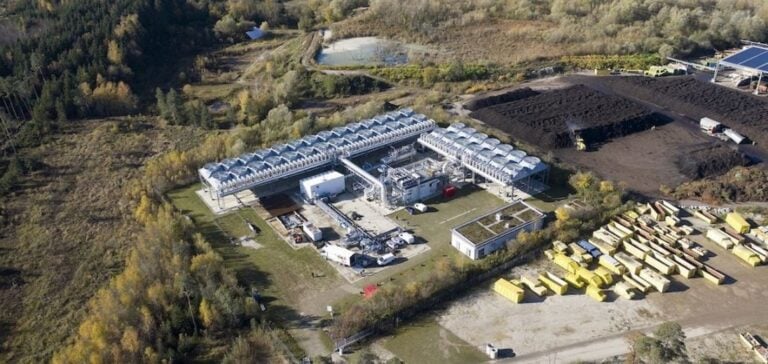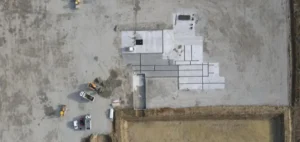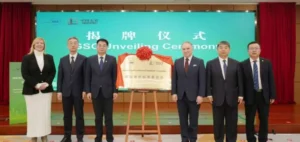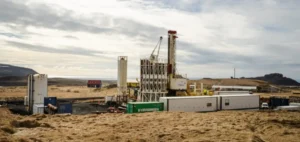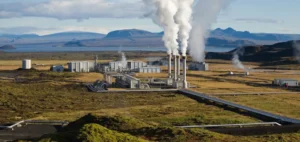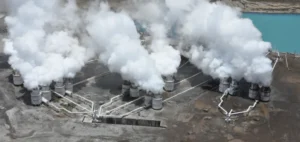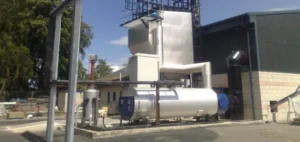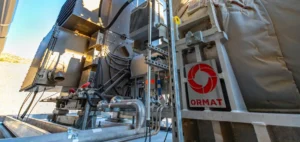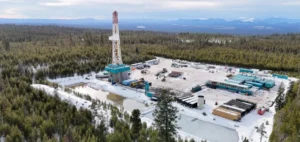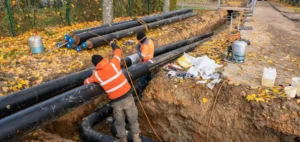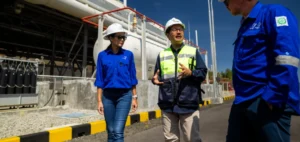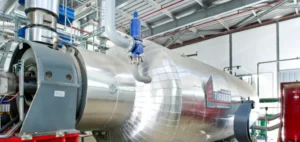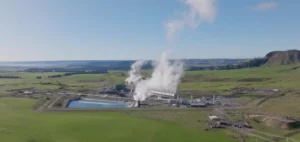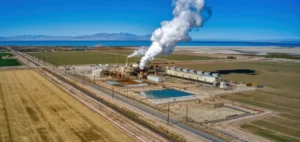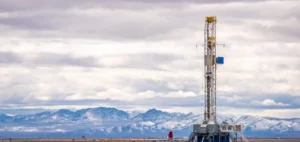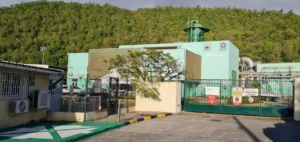Municipal operator Stadtwerke München (SWM) has been awarded 43.9 million euros in federal funding under the “Federal Funding for Efficient Heat Networks (BEW)” program.
The grant is intended to support the expansion of Munich’s geothermal heating network, a project whose total cost is estimated at around one billion euros.
The funding will cover 40% of these costs, enabling SWM to boost its capacity in the northeast of the city.
Extension and Capacity Objectives
The project targets an additional 400-450 MW of geothermal heat capacity, aiming to cover 25% of Munich’s heating needs. Plans include drilling new geothermal doublets to support the existing Kirchstockach, Dürnhaar and Sauerlach power stations.
These plants are key points in the district heating network, which must meet emission reduction and energy diversification targets.
Financial Management and Fund Allocations
With this new allocation, SWM reaffirms its long-term development strategy.
However, the operator anticipates additional financing needs to transform the entire district heating network by 2040, a project that will require up to 9.5 billion euros.
BEW funding, while substantial, represents only part of the necessary support, and calls for a reassessment of available funds are underway to ensure that future projects are feasible.
Context of heat network financing
The BEW program plays a central role in Germany in financing heating networks that incorporate renewable energy sources. It is particularly aimed at municipalities seeking to modernize their energy infrastructure.
For Munich, this funding comes at a critical time when energy efficiency and security of supply are priorities.
The funds obtained will facilitate the optimization of existing systems, reducing the share of fossil fuels in the energy mix.
Outlook for Munich and Germany
Munich is moving ahead with its energy infrastructure improvement program, with a focus on geothermal energy.
Technologies implemented at the Kirchstockach, Dürnhaar and Sauerlach sites include advanced drilling systems and thermal control equipment.
This expansion also contributes to a broader policy of energy security in Germany, where the geopolitical context makes it imperative to diversify supplies and reduce dependence on imports.


